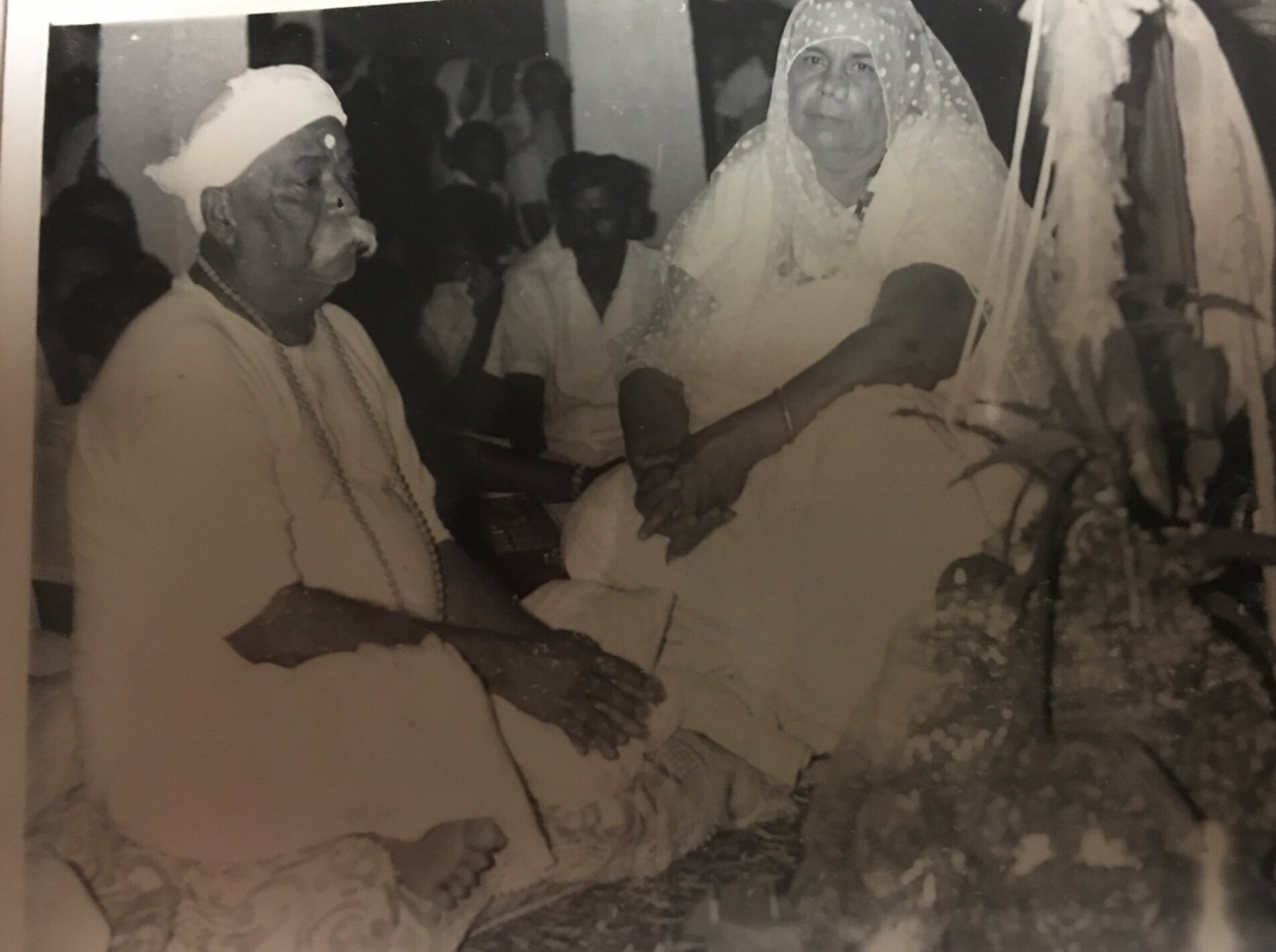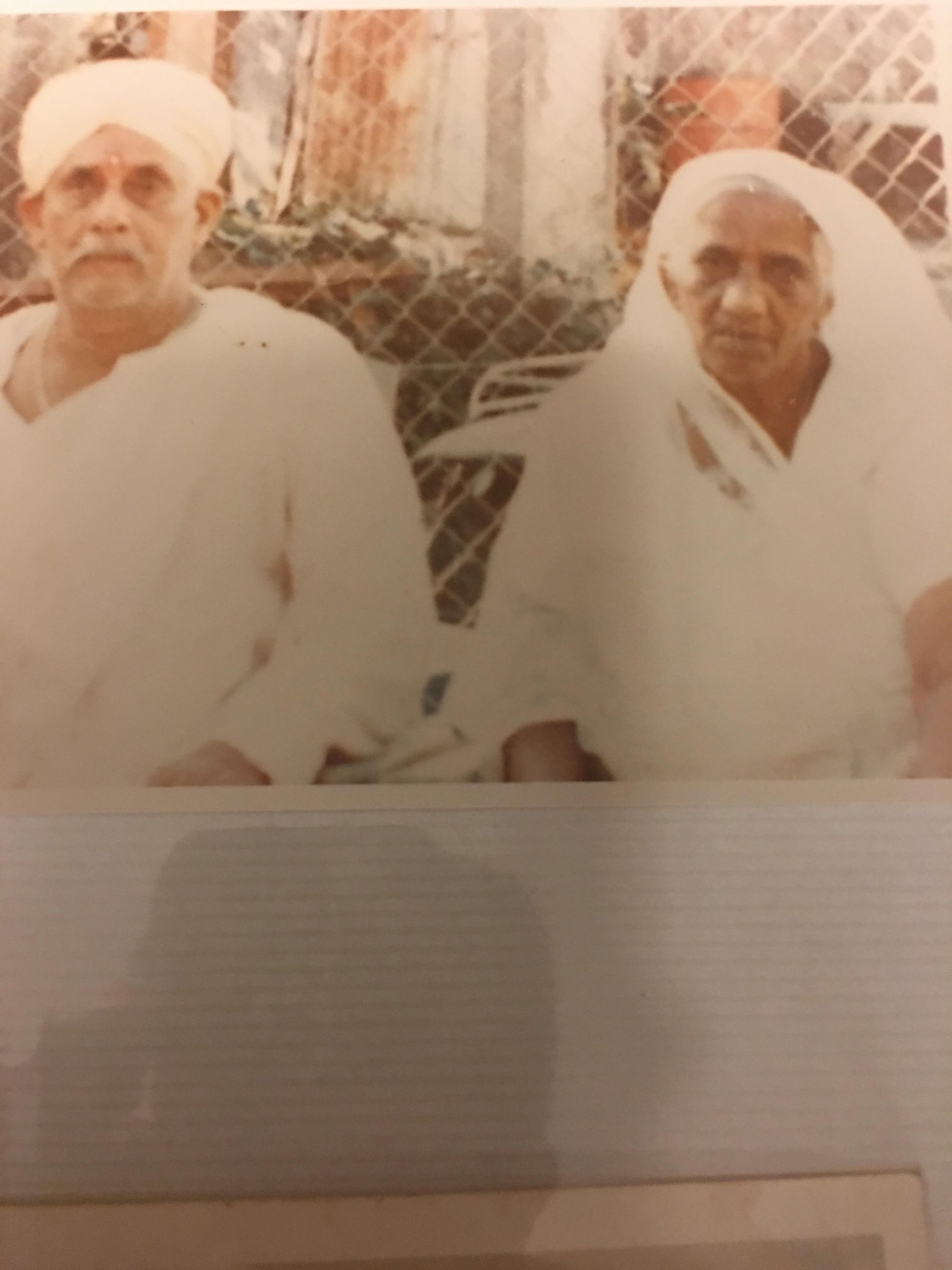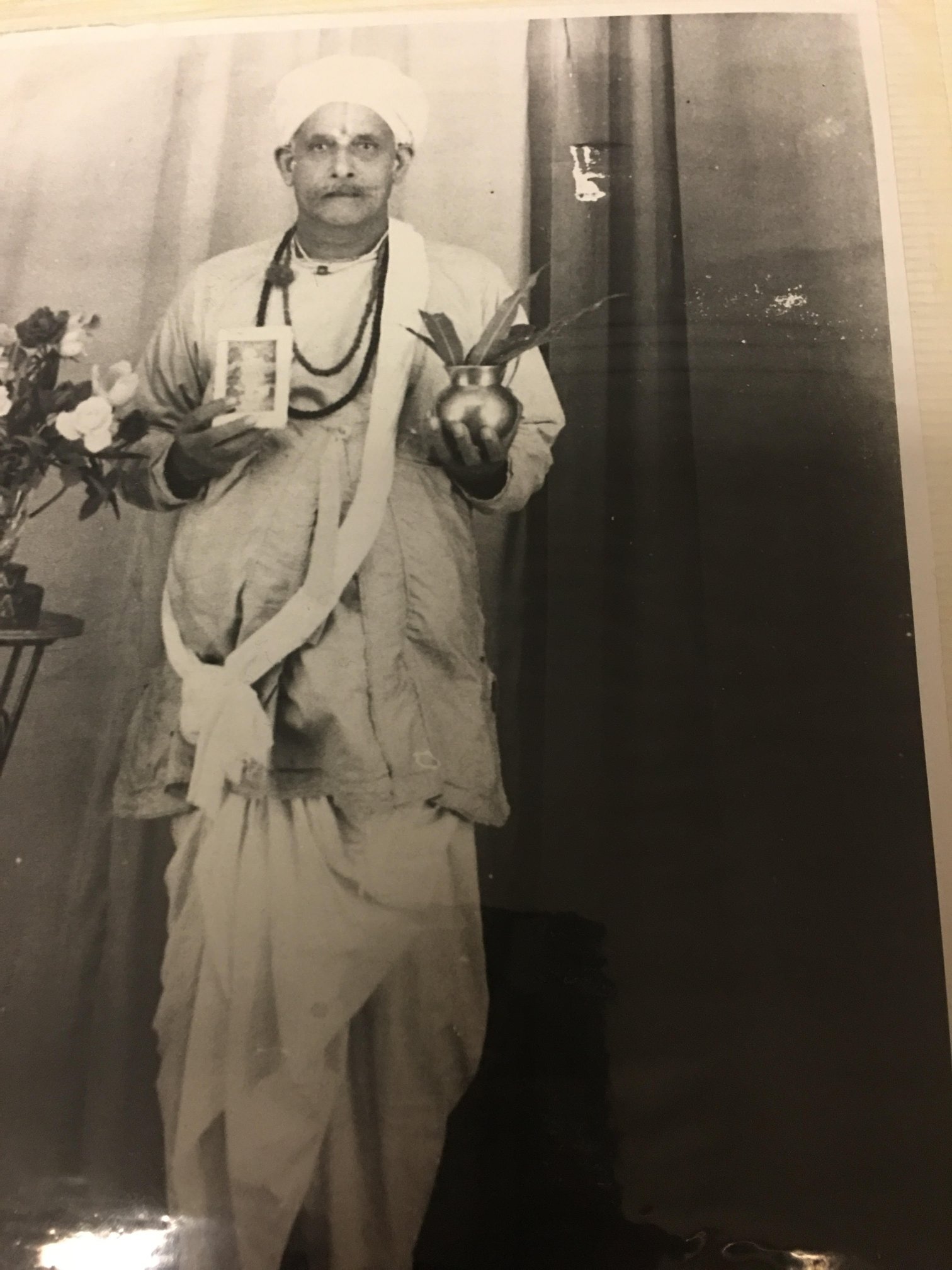Pitr Paksa
Hindus are about to observe a special fortnight in the annual Hindu calendar, known as Pitṛ Pakṣa. It is a time when we turn our thoughts to the past and remember with loving gratitude those whose labor and generosity continue to bless us. We remind ourselves of our immense debt to them and of our dependence on those who have gone before us. We are reminded also of our own mortality and our need to give more abundantly than we receive.
Pitṛ Pakṣa has two important dimensions. The first of these is Pitṛ-Seva and the second Pitṛ Śrāddha.
Pitṛ-Seva is fulfilled by treating our living ancestors with honor, reverence and respect. It also requires us to be attentive to their needs, physically and emotionally and to care for them when they are unable to care for themselves. It is a dimension that we should never ignore.
Pitṛ Śrāddha includes all of the rituals that are performed after death and especially during the ancestral fortnight or Pitr Pakṣa. Śrāddha is closely associated in meaning with Śraddha- which means faith, belief or sincerity. First, we perform these rituals with the faith that the opposite of life is not death but continuing existence. Second, is the belief that our prayerful offerings during this period bless our ancestors. Every action generates a result and when the intent (saṅkalpa) of the action is dedicated to a departed ancestor, we believe that the result follows accordingly.
Memory plays an important role in Hindu religious practice. The Hindu calendar could be described appropriately as a series of reminders about occasions that ought to be remembered. On Pitṛ Pakṣa, we remember our indebtedness to the generations who precede us and the elders who are still with us. Such memories are meant to inspire our own commitments to our families and communities and to remind us to be generous for what we have received. If we forget that we are receivers, we will not be generous givers.
On the occasion of Pitṛ Pakṣa, I share a few photographs of my maternal and paternal grandparents to whom I am grateful.
From left to right: Pundit and Shrimati Goberdhan; Pundit and Shrimati Rambachan; Pundit Rambachan
———
Copyright © Anantanand Rambachan 2019. All rights reserved. Nothing on this website can be used, reproduced, or published without the author’s explicit written permission. Contact author for questions.


